Introducing solids to your baby is a big milestone. But the truth is— not everything is safe for those under 1 year old.
Yes sometimes, foods that seem harmless to adults can pose serious risks to infants. Read below this article to explore five foods to avoid giving babies, and why.
Honey
Honey is natural, yes. But for babies under 12 months, it’s a big no.
Even a tiny amount of honey can contain spores of Clostridium botulinum, a bacterium that causes infant botulism. It’s rare but potentially life-threatening. According to the CDC, around 70 percent of botulism cases in the U.S. occur in infants, mostly due to contaminated foods such as honey.
Symptoms include weak cries, constipation, poor feeding, and trouble breathing.
Cow’s Milk
While yogurt and cheese are usually safe around 8–10 months in small amounts, whole cow’s milk should not be given as a drink before your baby turns 1.
Why? Cow’s milk lacks the right balance of nutrients infants need—like iron—and can irritate their tiny digestive systems. According to the American Academy of Pediatrics, early exposure to cow’s milk can increase the risk of iron-deficiency anemia, especially if it replaces breast milk or formula.
Breast milk or iron-fortified formula remains the best source of nutrition for babies in their first year.
Whole Nuts and Nut Butters
Nuts are super healthy, and early exposure to allergens is important—but whole nuts and even thick nut butters are major choking hazards for babies and toddlers.
Instead, smooth nut butters such as peanut or almond can be thinned with a little warm water or mixed into cereal. Choking is the fourth leading cause of unintentional injury death in children under five, and food-related incidents are the most common culprits.
Raw or Undercooked Eggs
Eggs are rich in protein and essential nutrients—but only when they’re cooked through.
Raw or undercooked eggs can contain Salmonella, a bacteria that causes food poisoning. Babies have immature immune systems, making them more vulnerable. According to the CDC, Salmonella infections cause over 1.35 million illnesses annually in the U.S., and infants are among the highest-risk groups.
Added Salt and Sugar
Babies’ kidneys are still developing, and they can’t handle much sodium. Their taste buds are also incredibly sensitive. This means they don’t need added sugar or salt to enjoy food.
Giving salty or sugary foods early on may also increase the risk of heart disease, obesity, and high blood pressure later in life. In fact, the World Health Organization recommends no added sugar for children under 2 years, and only 1g of salt daily for babies under 1.
Conclusion
Feeding your baby is both a science and an art. While it’s tempting to let them taste everything, their growing bodies need a little extra protection in the first year. Avoiding honey, cow’s milk, choking hazards like nuts, raw eggs, and added sugars or salt may seem like small choices, but they can have a big impact on your baby’s health.
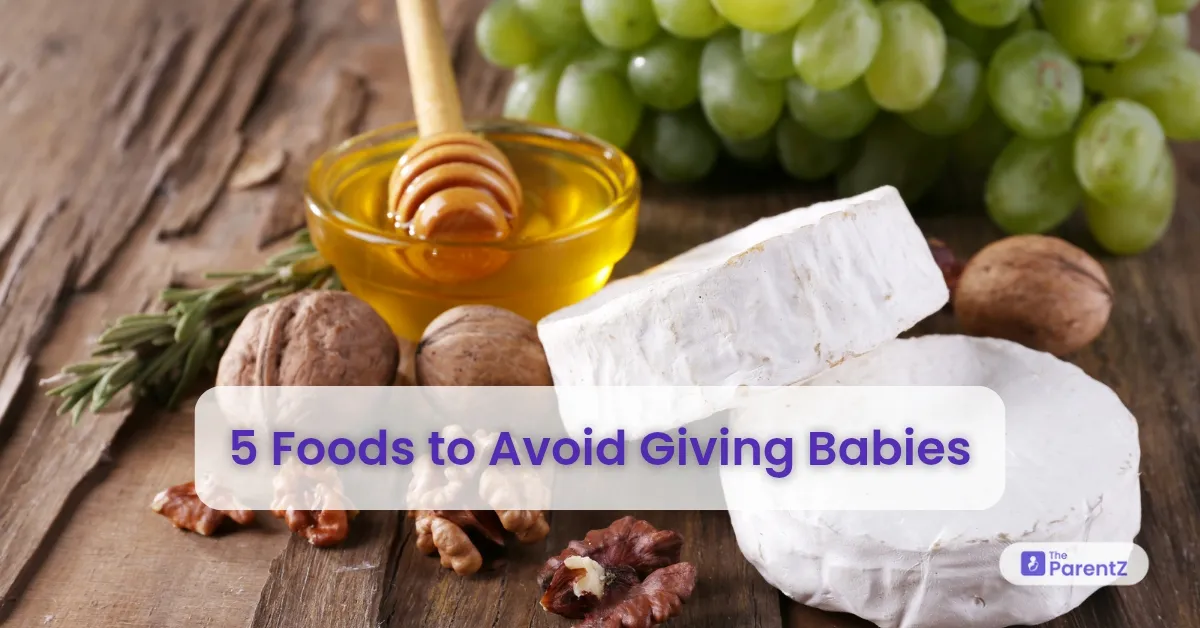

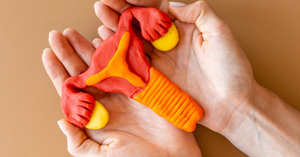


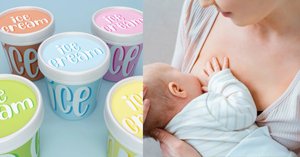
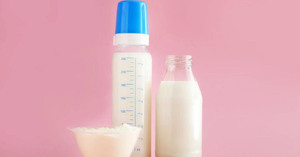
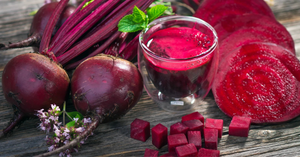
Be the first one to comment on this story.